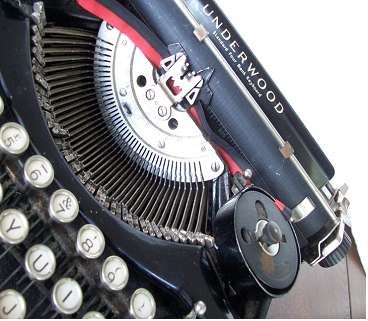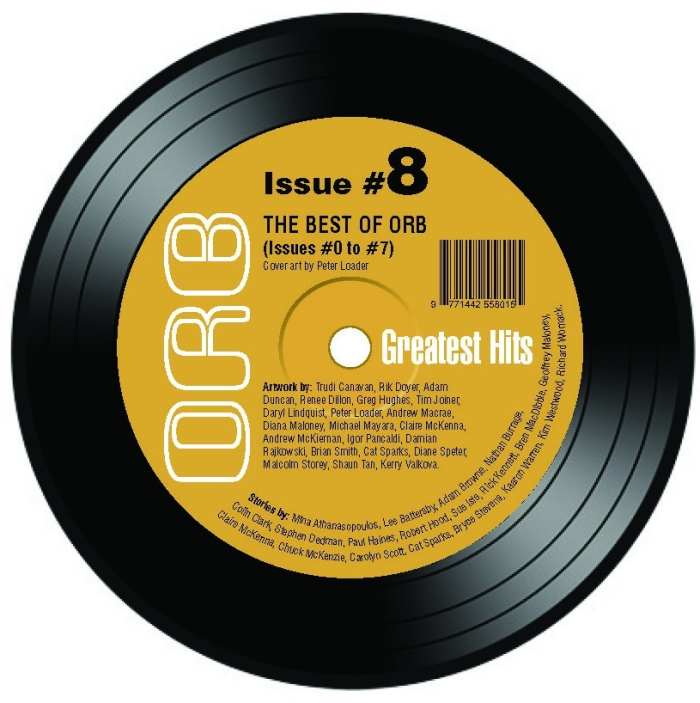edit or die
editing, writing & indexing services

manuscript and document editing

what the editor does
A good editor puts themselves in the position of the first-time reader. The editor has seen many publications like yours before, and can tell you if
you are reaching the intended audience, speaking in language your market will understand — or writing in a
style that is unprofessional and inappropriate.
why you need an editor
The editor is sensitive to the needs of writers, and understands your desire to transmit information to your readers in the best way possible.
Naturally, the editor corrects mistakes, spelling errors, punctuation and grammar, as well as checking the cross-references, indexes, tables of contents, footnotes and other material.
Other matters may also need attention, including inconsistencies, inaccuracies, clumsy language, jargon, bureaucratic-speak, wrong names and titles, brand name inaccuracies and so on.
Other matters may also need attention, including inconsistencies, inaccuracies, clumsy language, jargon, bureaucratic-speak, wrong names and titles, brand name inaccuracies and so on.
legal and cost issues
The editor alerts the author to copyright infringements, instances of plagiarism, offensive material and possibly libellous statements. The editor
also tries to reduce the number of words and the size of the document, so that it is cheaper to design and print. You want your documents to be easy to use and easy to read by the people
you know want your services. Clear, plain language is the key to reaching more people, and working with an editor will help you to convey your message with elegance and accuracy — and avoid costly errors.

edit or die 2022

more
PREPARE YOUR DOCUMENT FOR PUBLICATION
ENSURE YOUR DOCUMENT MEETS YOUR READERS’ NEEDS
ADVICE ON YOUR NOVEL OR SHORT STORY
MANUSCRIPT ASSESSMENT
ORB SPECULATIVE FICTION MAGAZINE
DOCUMENT INDEXING
THESES, RESEARCH PAPERS, GRANT SUBMISSIONS
EMAIL AND ADDRESS
